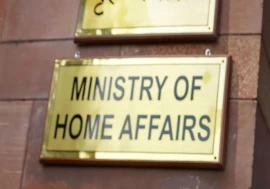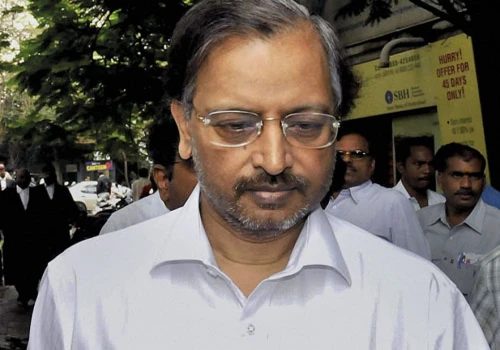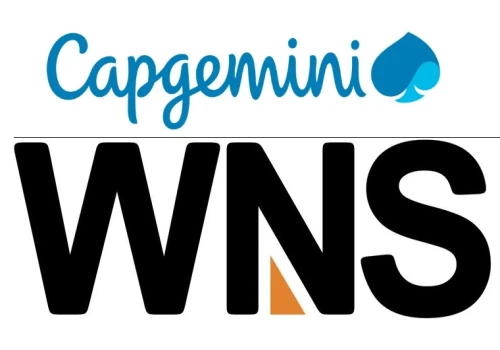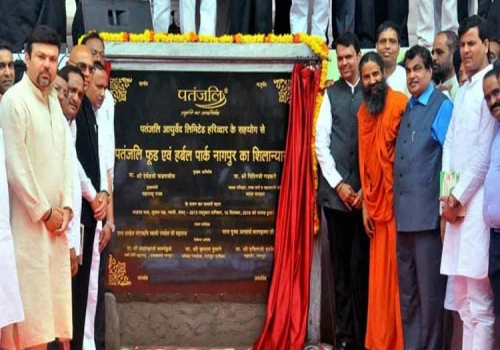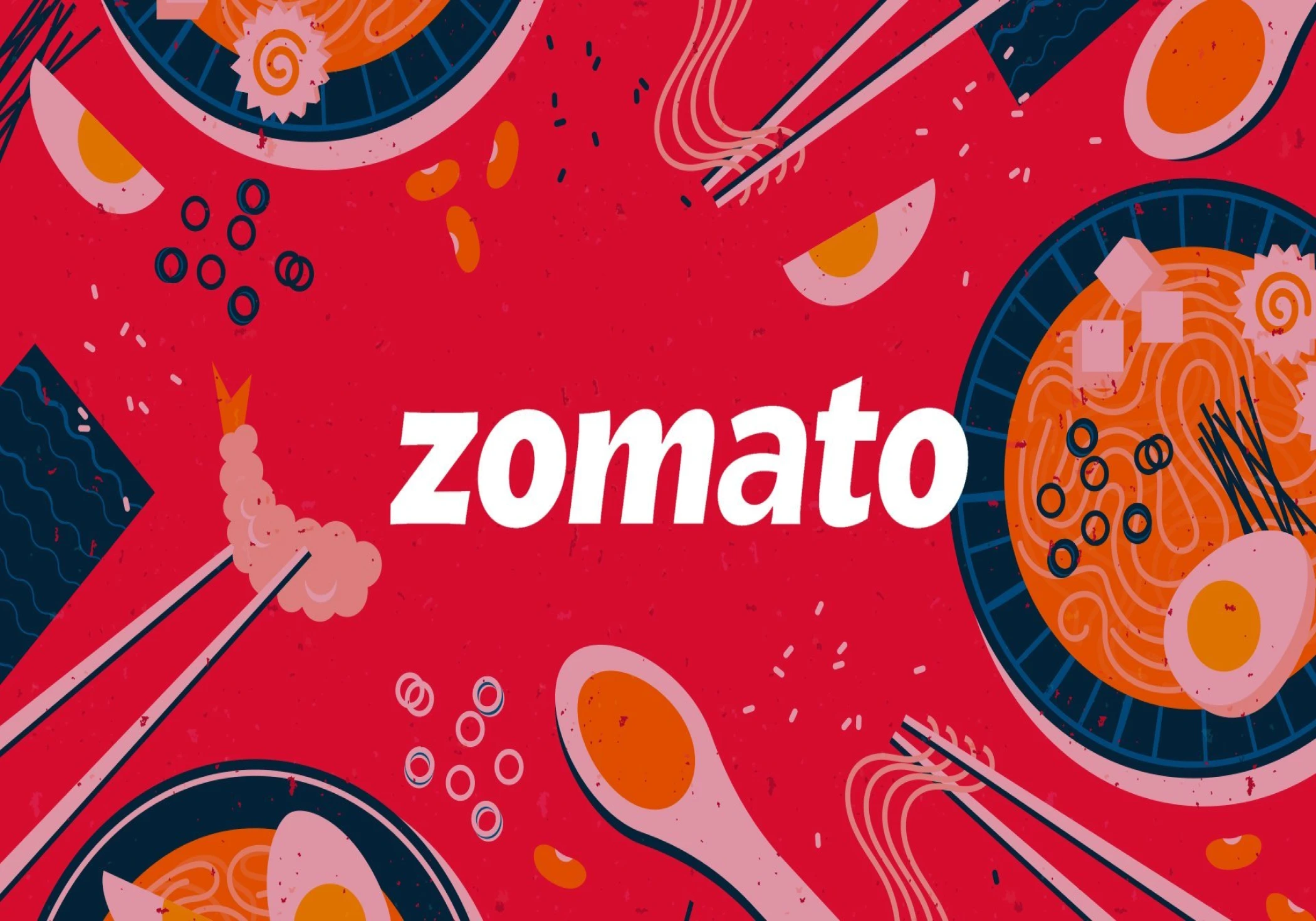
In a recent development, Indian food delivery giant Zomato has been hit with a Goods and Services Tax (GST) demand and penalty order totaling ₹11.8 crore (US$1.4 million). The order pertains to export services provided by Zomato to its foreign subsidiaries between July 2017 and March 2021. The order, issued by the Additional Commissioner of Central Goods and Services Tax, Gurugram, demands a GST payment of ₹5.9 crore (US$700,000) along with an equal penalty amount. Zomato maintains that these services qualify as exports and are exempt from GST.
Zomato to Challenge the Order
The company has expressed its intent to appeal the order before the appropriate appellate authority. In a regulatory filing, Zomato stated that they had attempted to clarify the situation with supporting documents and legal precedents during the initial investigation. However, these clarifications appear to have been disregarded by the authorities.
"The demand order has been received confirming demand of GST on export services provided by the Company to its subsidiaries located outside India during the period July 2017 to March 2021 by upholding that such services do not fulfill the conditions for the supply to qualify as export of service under GST," the company said in the filing.
This is not the first time Zomato has faced GST-related issues. Last month, the company received a similar order from the Deputy Commissioner of State Tax, Gujarat, demanding ₹4.11 crore (US$490,000) in GST along with penalties for the fiscal year 2018-19.The Goods and Services Tax (GST) is a comprehensive indirect tax levy on the supply of goods and services in India. However, exports are generally exempt from GST. The crux of the current dispute appears to be whether the services provided by Zomato to its foreign subsidiaries qualify as true exports under Indian GST regulations.
The outcome of this case will be closely watched by the Indian startup ecosystem, particularly companies with foreign subsidiaries or those involved in cross-border transactions. A decision in favor of the authorities could set a precedent and lead to similar demands on other companies.While the ₹11.8 crore demand represents a relatively small portion of Zomato's overall revenue, it adds another layer of complexity to the company's financial situation. Zomato, like many other startups, is burning cash as it invests in growth. Legal battles and potential tax liabilities can strain a company's resources and impact investor confidence.
Zomato's appeal process could take months or even years to resolve. The final decision will have ramifications not only for Zomato but also for the broader Indian startup landscape. The case highlights the need for clearer regulations and a more streamlined approach to handling GST on export-related services.


